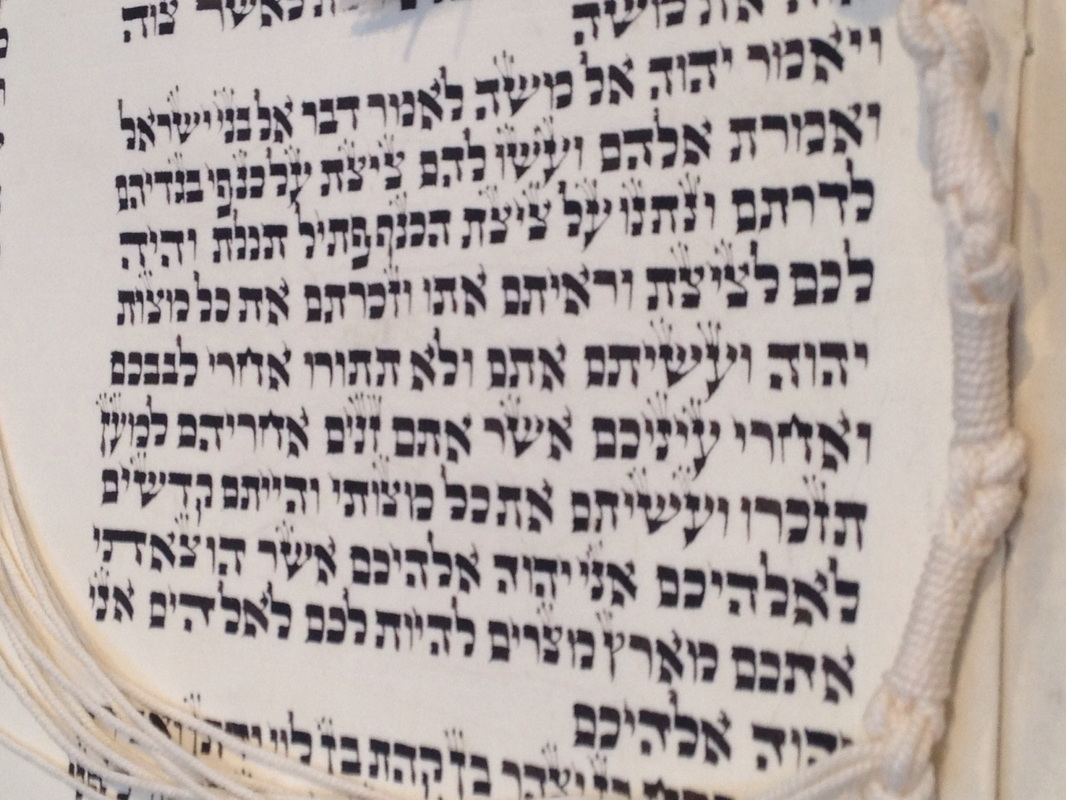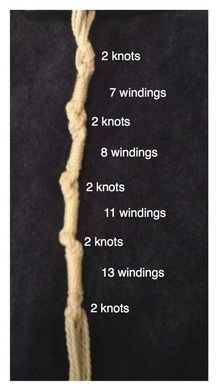 This week, Congress released the Benghazi report amid criticism that the committee was more interested in politics than a search for the truth. This week's Torah portion examines what happens when an investigation begins with a predetermined conclusion.
This week, Congress released the Benghazi report amid criticism that the committee was more interested in politics than a search for the truth. This week's Torah portion examines what happens when an investigation begins with a predetermined conclusion. That seems to be what happened in this week's Torah portion (Shelach). Moses sent out a group of twelve spies to scout out the land of Israel. But ten of the spies already knew what they wanted to find and their investigation only served to confirm their bias. They came back from their mission and reported that the land was heavily defended by giants and that it would be impossible for the Israelites to overcome them. They saw only what they wanted to see.
The text tells us:
[The spies] returned from the investigation of the land at the end of forty days. They went and came to Moses, Aaron and the entire Israelite community…
– Numbers 13:25-26
The Talmud notes the awkwardness of the phrase, "They went and came." The rabbis wonder, why does the Torah tell us that the spies left after they already had returned? The answer comes from Rabbi Yochanan. He says that the Torah here recalls the spies' departure in order to show the similarity to their return:
Rabbi Yochanan said in the name of Rabbi Shimon bar Yochai, "It compares their going to the coming back. Just as their coming back was with an evil design, so their going was with an evil design."
– B. Sotah 35a
The ten spies did not just get frightened by what they saw while they were on their reconnaissance mission. According to the rabbis of the Talmud, they set out on the mission with a determination to undermine God and Moses' plan to bring the people into the land of Israel. They kept their true intentions secret and only used the scouting mission as cover to advance their predetermined conclusion.
In science, a predetermined conclusion can be a disaster for an experiment. The scientist's time will be wasted, and so will the time of other investigators who build their experiments on the biased results of the first. The quest for knowledge will be set backwards, not forwards, and it may take a long time for the error to be corrected.
In the realm of public policy, a predetermined conclusion can be a disaster for an entire society. In the case of the scouts sent by Moses, the report of the ten spies weakened the resolve of the Israelites to enter and fight for the land of Israel. In response, God made the Israelites wander in the wilderness for forty years. Perhaps God knew that a lie that has been told with the support of a seemingly honest investigation takes a long time to root out.
While the use of military scouting parties in ancient Israel may seem remote from our everyday experience, the idea of using a predetermined conclusion to thwart the truth is not so distant from us. We see regularly how public policy is undermined when fact-finding missions, congressional investigations, and blue-panel inquiries are used to advance an opinion that is set as hard as stone before the examination of facts even begins.
If we naively accept whatever we are told by false investigations, we help to advance the lies and the interests of those who wish to spread them. However, if we merely reject every public inquiry and report because we believe them all to be the tools of falsehood, we will have done little better.
Remember that two of the spies spoke the truth. We have to be willing to seek out the truth even in a world where lies predominate. We always have to be on the lookout for biased interpretations that skillfully mask self-seeking intentions.
That is not an easy assignment. We have to be curious but not credulous. We have to listen with wisdom and we have to be willing to make up our own minds – not to allow others to make up our mind for us. We have to be ready to see the signs of a conclusion that was formed before the inquiry began.
Other Posts on This Topic:
Devarim: A Biblical Rashomon
Shelach Lecha: Getting Up Close and Personal




 RSS Feed
RSS Feed
